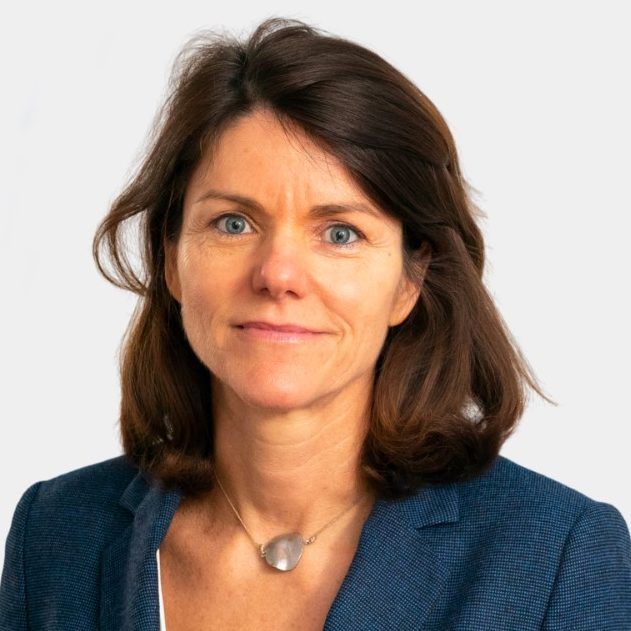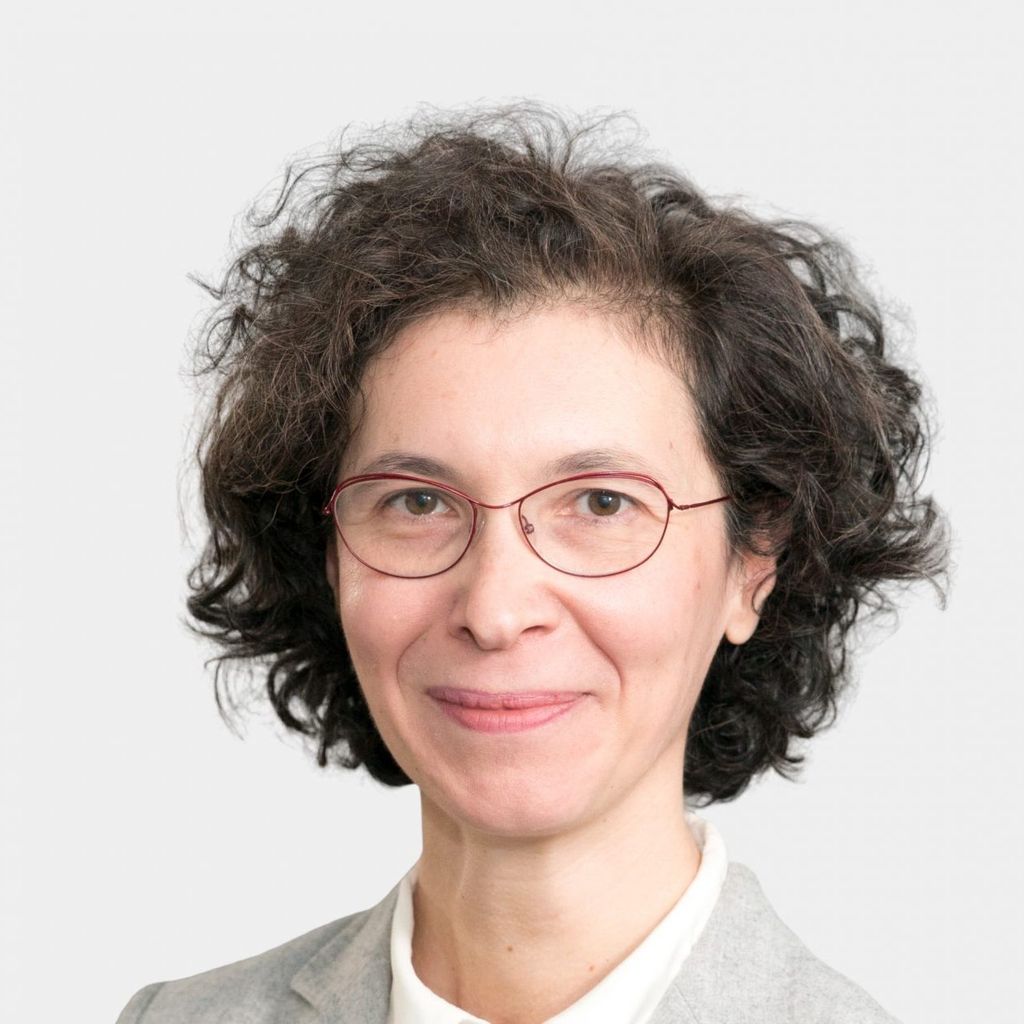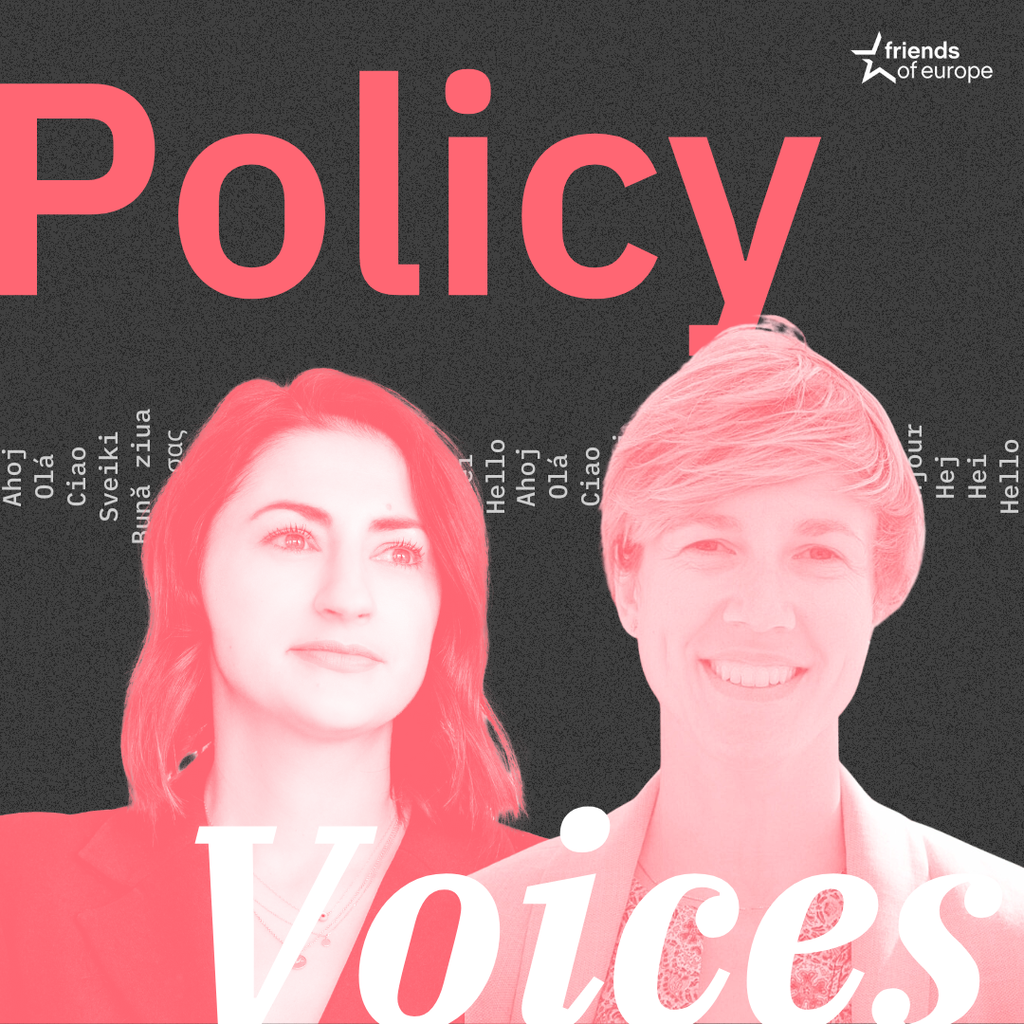Summary
The second meeting of Friends of Europe’s Climate-Energy-Industry Working Group, held one week after the European Commission published its proposals for a 2030 climate and energy package, focused on energy prices and economic competitiveness.
About
The second meeting of Friends of Europe’s Climate-Energy-Industry Working Group, held one week after the European Commission published its proposals for a 2030 climate and energy package, focused on energy prices and economic competitiveness.
Schedule
Welcome by
Giles Merritt
Founder of Friends of Europe
Introduction by
Mogens Peter Carl
Chair of the Working Group
IMPLICATIONS OF THE NEW ENERGY/CLIMATE PACKAGE
How well does the new energy/climate package of proposals address climate, energy and competitiveness concerns? What does it mean for national energy strategies and, in particular, country-based support for renewables? What conclusions should we draw from the Commission’s report on energy prices and costs in Europe?
Short presentation by
Mechthild Wörsdörfer
Deputy Director-General at the European Commission Directorate-General for Energy (DG ENER)
Reactions by
Laura Cozzi
Director of Sustainability, Technology and Outlooks at the International Energy Agency (IEA)
Mogens Peter Carl
Chair of the Working Group
PART II: NEXT STEPS: IDENTIFYING SOLUTIONS
- Reducing the negative impact of national energy decisions on energy costs
The gap in energy prices between Europe and its international competitors is widening due to a combination of external factors and policies, and a rise in energy prices in Europe driven mainly by taxes/levies and network costs. How can we cut energy costs and reduce the negative impact of some national policies and strategies on energy prices? Who should bear the financial burden of the energy transition? Should we change our taxation and state aid policy? - Mitigating international competitiveness distortions
How can Europe avoid carbon leakage and maintain domestic production in energy-intensive goods if the energy price differentials persist in the future? To what extent can we overcome competitiveness and price distortions via trade and climate negotiations? What is Europe’s comparative advantage and how can we utilise our strengths to remain an economic leader? - Helping vulnerable industries adapt to the low-carbon future
Who are the national, sectorial and corporate winners and losers of the energy transition and in which category do energy-intensive industries fit? How can we compensate vulnerable industries and help them adapt to the low-carbon future and take advantage of new opportunities the transition offers?
Co-Moderators
Giles Merritt
Founder of Friends of Europe
Mark Lewis
Managing Director, Head of European Utilities Research at Barclays Investment Bank and member of the Task Force on Climate-related Financial Disclosures (TCFD)
Speakers

Founder of Friends of Europe
Giles Merritt is the Founder of Friends of Europe, and was its Secretary General between 1999 and 2015, and its Chairman between 2016 and 2020.
A former Financial Times Brussels Correspondent, Giles Merritt is a journalist, author and broadcaster who has for over four decades specialised in European public policy questions. In 2010 he was named by the Financial Times as one of its 30 most influential “Eurostars”, together with the European Commission’s President and NATO’s Secretary General.
Giles Merritt joined the Financial Times in 1968, and from 1972 until 1983 he was successively FT correspondent in Paris, Dublin/Belfast, and Brussels. From 1984 to 2010 he was a columnist for the International Herald Tribune (IHT), where his Op-Ed page articles ranged widely across EU political and economic issues.
In 1982 he published “World Out of Work”, an award-winning study of unemployment in industrialised countries. In 1991, his second book “The Challenge of Freedom” about the difficulties facing post-communist Eastern Europe was published in four languages. His book “Slippery Slope: Europe’s Troubled Future” (Oxford University Press 2016), was shortlisted for the European Book Prize.

Chair of the Working Group

Managing Director, Head of European Utilities Research at Barclays Investment Bank and member of the Task Force on Climate-related Financial Disclosures (TCFD)
Prior to his current position at Barclays, Mark Lewis was Chief Energy Economist at Kepler Cheuvreux and Managing Director and Global Head of Energy Research at Deutsche Bank, where he worked for 14 years. Lewis has nearly 20 years’ experience as a financial analyst covering energy and environmental markets, and has also worked as an academic at London University. His research on power, gas, and emissions was ranked Number 1 by Energy Risk magazine in its 2011, 2010, 2009 and 2008 surveys. He is currently an active member of the G20 industry-led Task Force on Climate-Related Financial Disclosure (TCFD).

Deputy Director-General at the European Commission Directorate-General for Energy (DG ENER)
Mechthild Wörsdörfer is Deputy Director-General at the European Commission’s DG Energy, where she is in charge of the coordination of the just and green energy transition. This includes steering the work on REPowerEU, accelerating the deployment of renewables and energy efficiency measures and ensuring the EU’s security of supply. Wörsdörfer is also responsible for the relations with the Energy Community, and steers the bilateral relations with Ukraine, Moldova, Switzerland and the United Kingdom. Prior to this, Wörsdörfer was the director responsible for sustainability, technology and outlooks at the International Energy Agency (IEA); and held various roles at DG Energy, including director in charge of renewables, research and innovation, energy efficiency; and director for energy policy, international relations, legal aspects and economic analysis. Previously, she was head of Unit on the 2030 Energy and Climate Framework and served in the Cabinet of Erkki Liikanen, former European commissioner for Enterprise Policy and Information Society.

Director of Sustainability, Technology and Outlooks at the International Energy Agency (IEA)
As Chief Energy Modeller, Laura Cozzi oversees the International Energy Agency’s (IEA) outlooks and forecasts. She is in charge of ensuring the consistency of the modelling work and the resulting messages. Cozzi is also Head of the Demand Outlook Division, responsible for producing the annual World Energy Outlook: the IEA flagship publication that is regarded as the gold standard in energy analysis. The Division produces medium- to long-term energy demand, efficiency, power generation, renewables and environmental analysis for this report and other publications.

Chair of the Working Group
Activities
A bold vision for a climate-neutral and competitive Europe
Next event In person & livestreamed

- Area of Expertise
- Climate, Energy & Natural Resources
European Oceans Pact: is maritime transport on board?
Past event In person & livestreamed

- Area of Expertise
- Climate, Energy & Natural Resources
Staying the course: driving sustainability forward in a shifting…
Past event In person & livestreamed

- Area of Expertise
- Climate, Energy & Natural Resources
Navigating risks and enhancing resilience: charting Europe’s energy and…
Past event In person & Livestreamed

- Area of Expertise
- Climate, Energy & Natural Resources
Energy prices coming down – is Europe on the right track?
- Category
- #CriticalThinking
- Author
- By Andris Piebalgs
Europe’s blackouts call for a NATO-level response
- Category
- #CriticalThinking
- Author
- By Maurizio Geri
We need a new cultural strategy for global climate action
- Category
- #CriticalThinking
- Author
- By Saman Rizwan
A betrayal of the future: the EU must act now
- Category
- #CriticalThinking
- Author
- By Benjamin Van Bunderen Robberechts

- Area of Expertise
- Climate, Energy & Natural Resources

- Area of Expertise
- Climate, Energy & Natural Resources

- Area of Expertise
- Climate, Energy & Natural Resources

- Area of Expertise
- Climate, Energy & Natural Resources
Continue
the debate on
- Debating Europe
